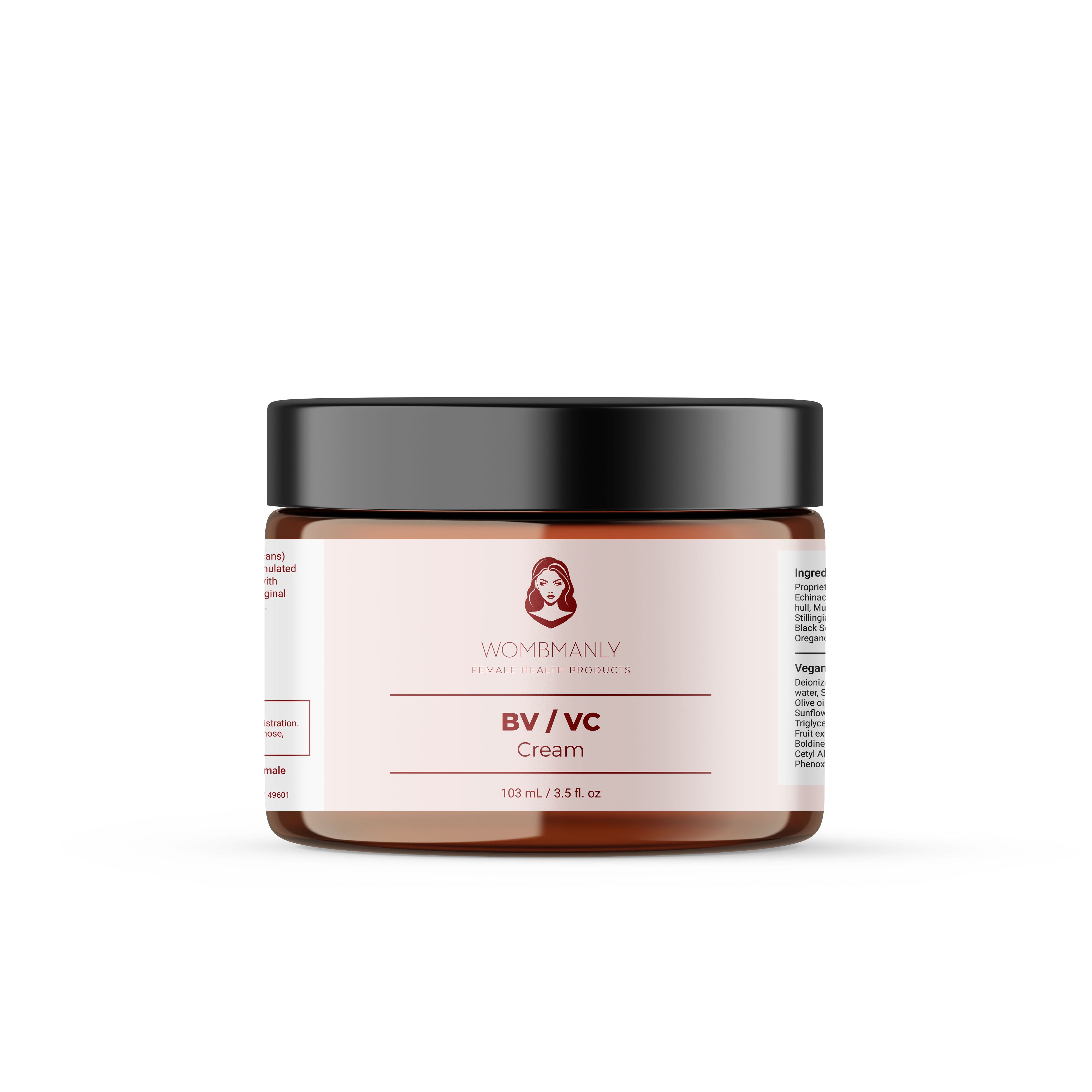


Frequently Asked Questions
We source our herbs from reputable herbal sellers all over the globe, mostly from Africa, the United States, and Southeast Asia. As we pride ourselves on using mostly African herbs in our formulations (and also selling them separately or individually), our African seller is a leading exporter of Southern African medicinal herbs. Our seller is rooted in African ethnopharmacology. They are experts in traditional medicinal knowledge and their team maintain strong ties with local plant users. They are leaders in sustainable harvesting and diligent partners with rural harvesters. Their products are backed-by-science and said seller has research partnerships with two South African universities (Stellenbosch and Pretoria University) for continued research and development. Our seller incorporates FSSC 22000 accreditation ( Food Safety System Certification) and is FDA registered.
We are a fairly new business, incorporated in November 2022, and operating since April 2023.
Many people have used our products before though just through different brands which we are not privy to share for legal contractual reasons.
Hundreds of millions of people around the world have used the herbs we use (in formulas) and sell on our website. Eighty percent (80%) of people on planet earth use herbs for medicine, whereas seventy percent (70%) of people in the United States use prescription drugs for medicinal purposes.
All of our herbal ingredients come with Certificate of Analysis (COA). A Certificate of Analysis (COA) is a document that communicates the results of a scientific test done on a product such as food or drugs. The COA also lists the chemicals used in the product's manufacturing and testing and is created to ensure all important regulations are met and complied with. All African herbs come with a COA, Raw Material Product Specification (RMPS), Physical Specification, Analytical Data, Microbial Limits, etc. Additionally, you can always get herbs analyzed by a lab if you really doubt the authenticity of any herb on the market, including ours. Most people know an herb is authentic by the efficacy of the herb (feeling and seeing it work) and/or by knowing the color, density, and smell of an herb.
Preferably, you want to take herbs (formulas or individual herbs) separately -- spaced out by at least 2-3 hours throughout the day. However, if one is pressed for time, several different herbs and/or formulas can be taken at the same time.
The FDA considers herbal supplements foods, not drugs. Therefore, they are not subject to the same testing, manufacturing, and labeling standards and regulations as drugs. Also, because herbal supplement manufacturers do not have the burden of proving their products are unadulterated (and thus safe for consumption), the FDA cannot require any kind of premarket approval for herbal products.
Herbal supplements can mistakenly be perceived as automatically safe because they are natural products, however, they may produce negative effects such as allergic reaction.
We do not advise that people mix herbs with drugs (prescription medication) as there may be contraindications. Always consult with your medical doctor or physician first if you are on prescription medication and are thinking about taking herbal supplements.
